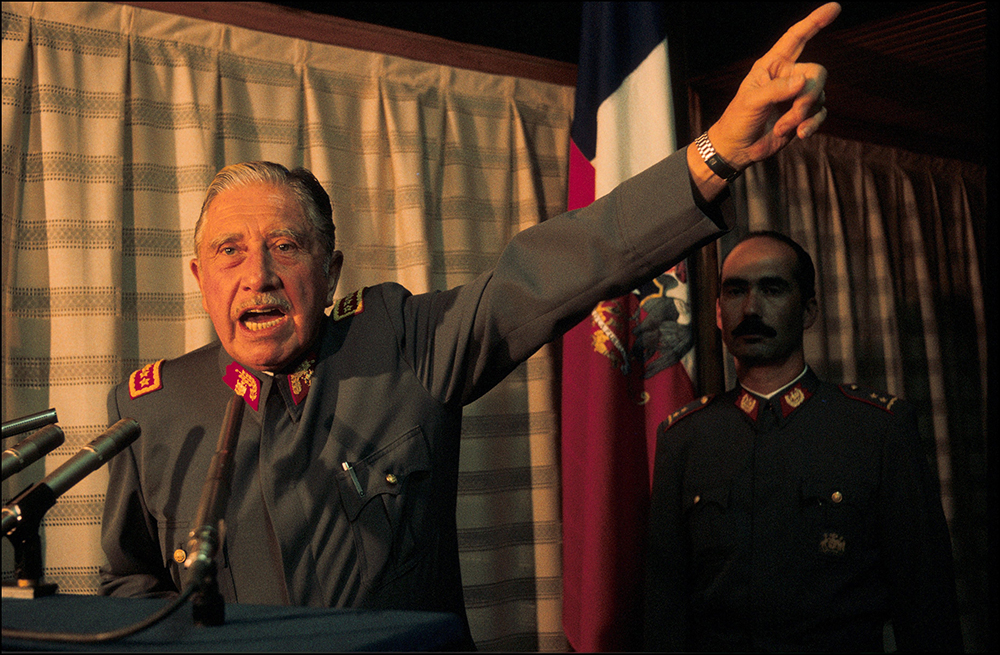
Calle Londres 38 is the address in Santiago of one of the notorious detention centres where the government of the Chilean dictator General Augusto Pinochet tortured and murdered its opponents after the military coup of 1973. This book is mainly about the international row that broke out between 1998 and 2000 when Pinochet, by then retired, visited London for a medical operation and a Spanish judge applied to have him extradited for trial in Spain.
There is a parallel narrative about the long and ultimately unsuccessful attempts to bring to justice Walther Rauff, a former SS officer deeply involved in the early stages of the final solution in Germany, who at the end of his life served as a consultant to Pinochet’s infamous security service, the DINA. Rauff died in 1984, well before the Pinochet affair, and the attempt to stitch the account of his doings into the Pinochet narrative does not really work. Most readers will find the meat of the book in the chapters about the judicial pursuit of the Chilean dictator.
Philippe Sands was personally involved in this long-drawn-out saga. So was I. He was a human rights barrister and advocate of international criminal jurisdiction. He acted initially for Human Rights Watch and then for the Belgian government when problems arose about the standing of NGOs to participate in the case. I advised the home secretary Jack Straw throughout Pinochet’s involuntary stay in England, together with the formidable Home Office lawyer Juliet Wheldon.
Sands’s account of the affair is written in the racy, personal style that many readers will recognise from his other books, notably East West Street, his gripping account of the birth of international jurisdiction over crimes against humanity.







Comments
Join the debate for just £1 a month
Be part of the conversation with other Spectator readers by getting your first three months for £3.
UNLOCK ACCESS Just £1 a monthAlready a subscriber? Log in